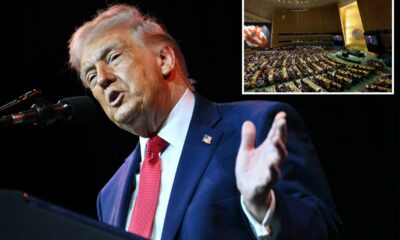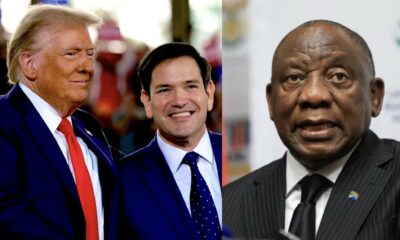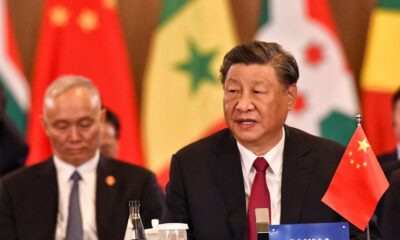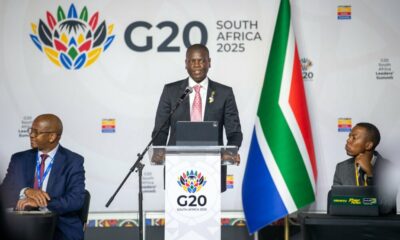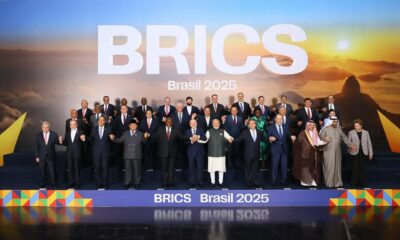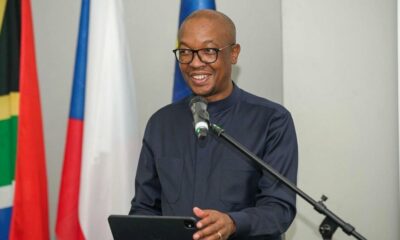Business
Russia Backs South Africa’s G20 Presidency to Elevate Global South’s Voice
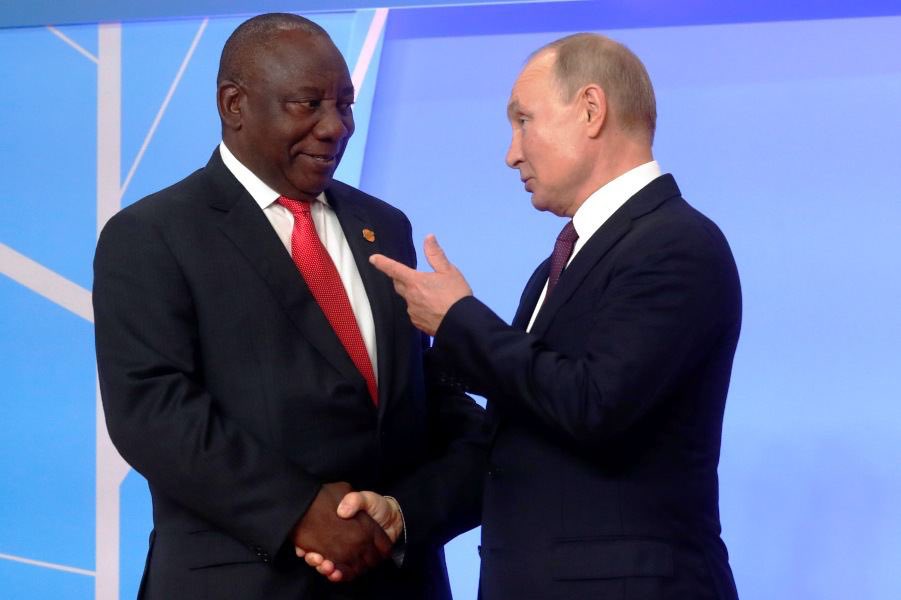
Moscow sees Pretoria’s presidency as a chance to reshape the global agenda
As South Africa prepares to host world leaders for the upcoming G20 Summit in Johannesburg, it has received a notable endorsement from Russia, which says it is fully behind Pretoria’s leadership, particularly in championing the interests of the Global South.
On the sidelines of the G20 Sherpas meeting at Sun City, Russian G20 representative Svetlana Lukash told SABC News that South Africa’s priorities are helping “bring the voice of developing nations into global decision-making.”
“We really praise South Africa for the priorities you brought to the table during the presidency, including economic growth, job creation, green development, and industrialisation, primarily for Africa,” Lukash said.
Amplifying African and Global South Interests
South Africa assumed the G20 presidency with a clear mission: to shift the conversation beyond the agendas of traditional economic powers and give greater weight to issues affecting emerging markets and low-income nations. With themes rooted in inclusive growth, energy transition, and industrial development, Pretoria’s agenda marks a clear break from the status quo.
Russia believes that this pivot is not only overdue, it’s essential.
“Multilateralism is the only thing that can keep the world together today,” Lukash said. “It can save the G20 from collapse and ensure global economic cohesion.”
Her comments come amid rising international tensions: trade wars, shifting alliances, climate emergencies, and wars in both Ukraine and the Middle East have put pressure on the G20’s relevance as a collaborative body.
G20 Still Holds Power Despite Divides
Despite ideological divides among G20 nations, especially between Western members and countries like Russia and China, Lukash insists that consensus is still possible.
“G20, which unites developed and developing countries, is still able to come to common decisions,” she said. “It is very well placed to keep multilateralism as a flag for all humanity.”
Her remarks appear to align with the broader messaging from the South African presidency, which has repeatedly emphasized multilateral dialogue over global fragmentation. For Pretoria, leading the G20 is not just about prestige, it’s about reframing the rules of engagement in a world where the majority of people live outside the G7.
UN Still Central, But G20 a Key Driver
Interestingly, Lukash emphasized that while the G20 is an important platform for economic cooperation, the United Nations remains the central institution for final decision-making. She likened the G20 to a ship navigating turbulent waters but eventually docking at the UN “for the most critical resolutions.”
This duality reflects the broader diplomatic balancing act South Africa faces as it tries to rally consensus among global power blocs while pushing African developmental concerns to the forefront.
Why It Matters for South Africa
With the G20 Summit set to take place in Johannesburg later this year, South Africa has a unique opportunity to shape discussions on debt relief, climate finance, industrialisation, and food security , all issues disproportionately affecting the continent.
Domestically, this leadership moment offers a potential win for President Cyril Ramaphosa, whose administration has been grappling with internal political turmoil and an underperforming economy. On the global stage, it positions South Africa as a key bridge between the Global North and South, and a voice of reason in an increasingly divided world.
As Lukash noted, this isn’t just another summit. It’s a pivotal moment to “steer the ship” toward a more inclusive, multilateral future and South Africa is at the helm.
{Source: Business Insider Africa}
Follow Joburg ETC on Facebook, Twitter , TikTok and Instagram
For more News in Johannesburg, visit joburgetc.com

